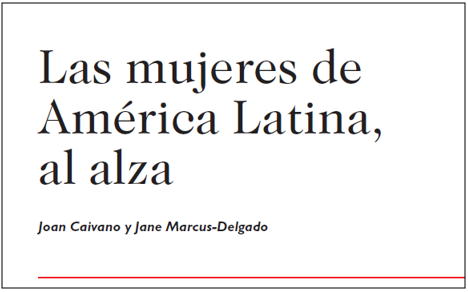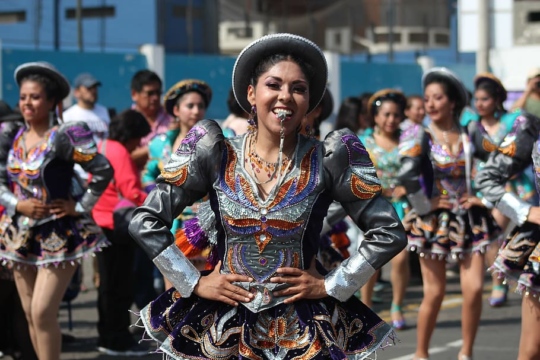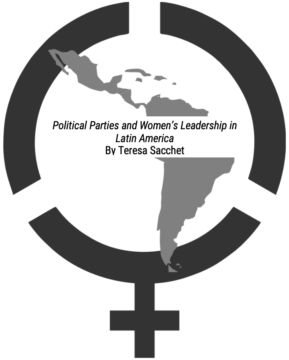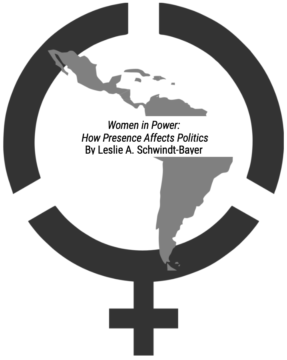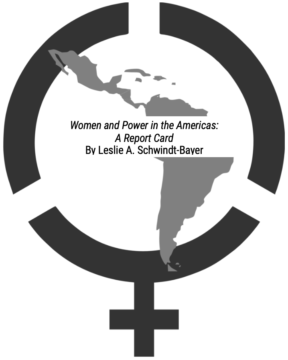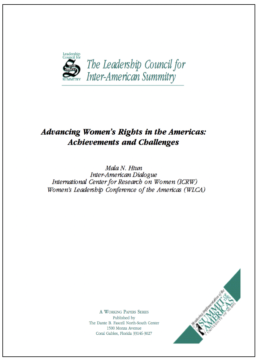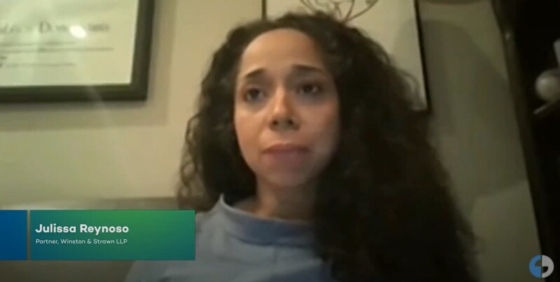
Member in the News: Julissa Reynoso
Julissa Reynoso, chief of staff for the First Lady and former US ambassador to Uruguay, will be the co-chair of the White House Gender Policy Council in the Biden administration.
Julissa Reynoso, chief of staff for the First Lady and former US ambassador to Uruguay, will be the co-chair of the White House Gender Policy Council in the Biden administration.
On December 3, the Dialogue partnered with the Victory Institute to host the event “LGBTQ Rights and US Foreign Policy: A Need to Lead” as part of the 2020 International LGBTQ Leaders Conference.
A brave whistleblower recently reported that women immigrants at an Immigration and Customs Enforcement (ICE) detention center have been subjected to gynecological procedures without their knowledge or informed consent. Unfortunately, for thousands of women and girls, these reported violations are just a sampling of the government’s illegal practices of aggression and neglect in its treatment of women seeking to immigrate to the United States.
Despite making significant gains in government and politics, women continue to face structural barriers.
In this report, Joan Caivano from the Inter-American Dialogue and Jane Marcus-Delgado from CUNY analyze Latin American women’s advance into positions of leadership and then highlight areas where important obstacles remain.
Women in Latin America have come a long way but aren’t there yet. The legacy of Iberian colonialism, male-centered Catholicism and an undemocratic past all contributed to societies that subjugated women to men.
Increasing women’s presence in political decision-making positions has been advocated by development organisms, activists and academics as a means to strengthen democracy and to make policy-making processes more representative of wider sections of the population.
The number of women represented in political leadership in the Americas has increased dramatically over the past thirty years. In 2006, Chile elected its first female president, Michelle Bachelet, and Jamaica its first female prime minister, Portia Simpson-Miller.
In 1975, female politicians and women’s groups from around the world met in Mexico City for the UN’s First World Conference on Women. They discussed the plight of women, from their absence in politics to the unique social and economic problems women face, and devised a set of recommendations for improving women’s status.
This paper highlights the achievements and the failures of American governments in implementing Summit provisions related to women’s rights in the areas of violence, health, political participation, legal rights, and the maintenance of women’s agencies in the state.
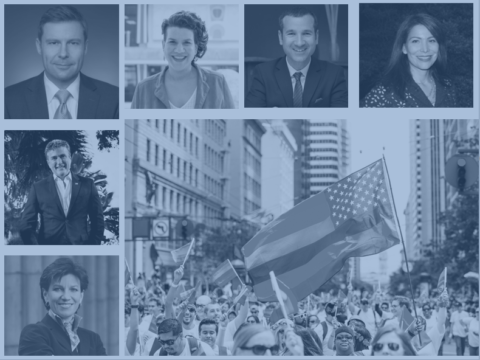 Video
Video

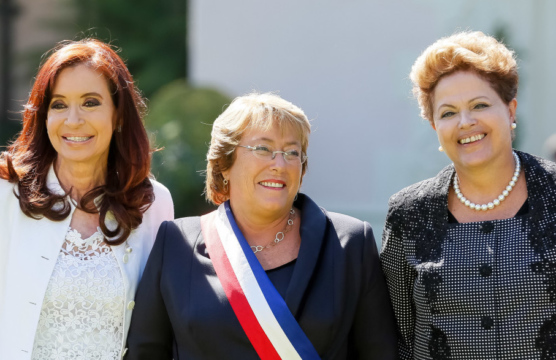 Video
Video
